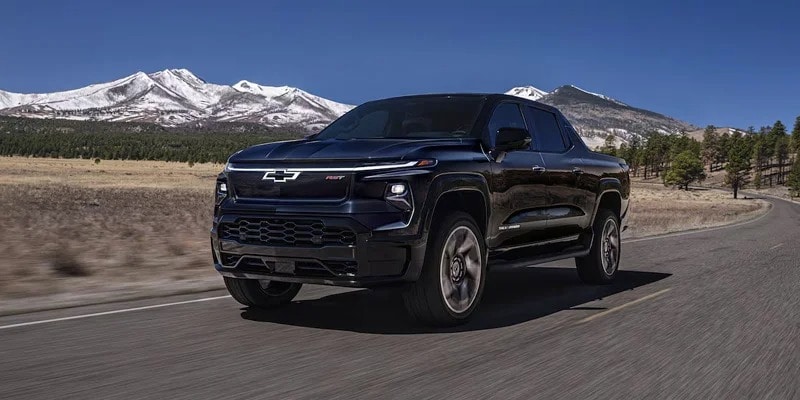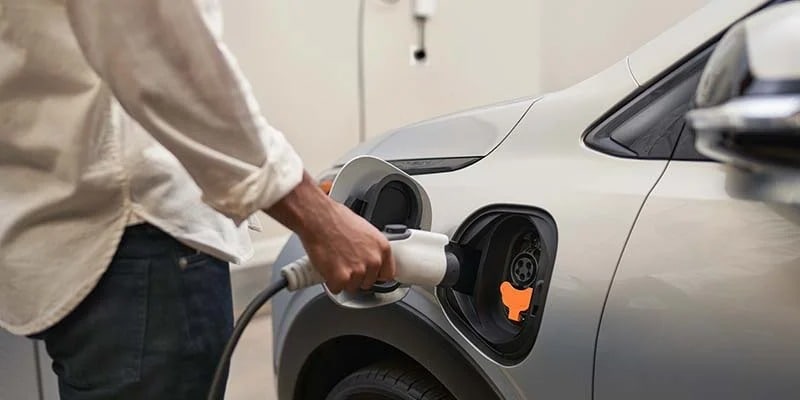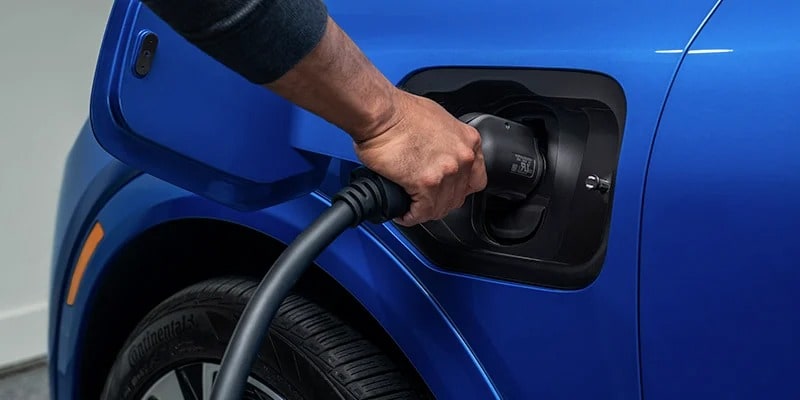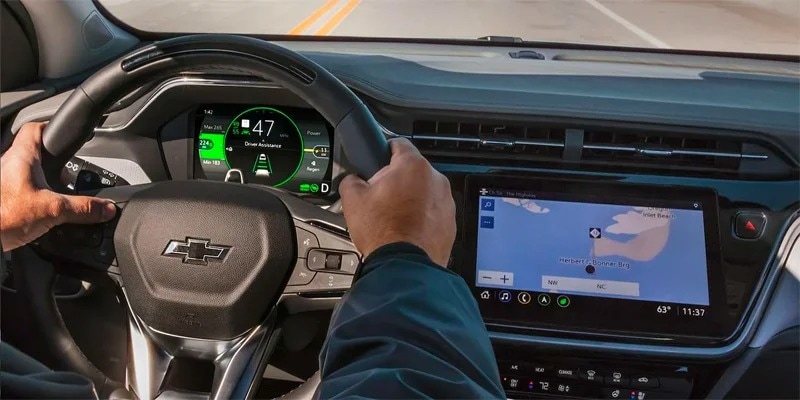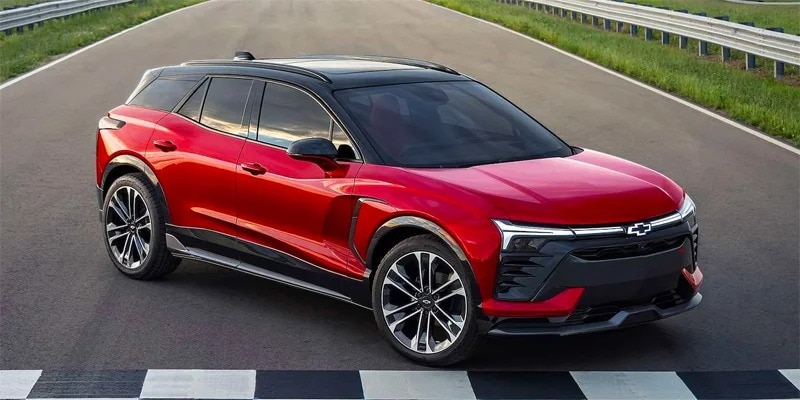Reduced Maintenance Requirements
Battery Electric Vehicles (or BEV) require less maintenance than conventional vehicles because there are fewer fluids (like oil and transmission fluid) to change, and far fewer moving parts. EVs require minimal scheduled maintenance to their electrical systems, which can include the battery, electrical motor, and associated electronics. Because of regenerative braking, brake systems on EVs typically last longer than they do on conventional vehicles.
- No Oil Changes: BEVs do not require engine oil, so there are no oil changes (normally required every 3,000 to 7,000 miles; requirements vary by automobile manufacturer)
- No Spark Plugs and Wires: BEVs do not require spark plugs and wires, so no replacements (estimated replacement at 100,000 miles on gas engine) are needed.
- No Exhaust System: BEVs do not have mufflers or catalytic converters, two components of your exhaust system that can fail and result in expensive replacements.
Hybrid Electric Vehicles (HEV) and Plugin Hybrid Electric Vehicles (PHEV) have an electric motor and a gas motor. Cars with gas motors still require the standard maintenance a regular gas-powered vehicle requires (oil changes, spark plugs and wires, exhaust systems etc.), but at less-frequent intervals.

